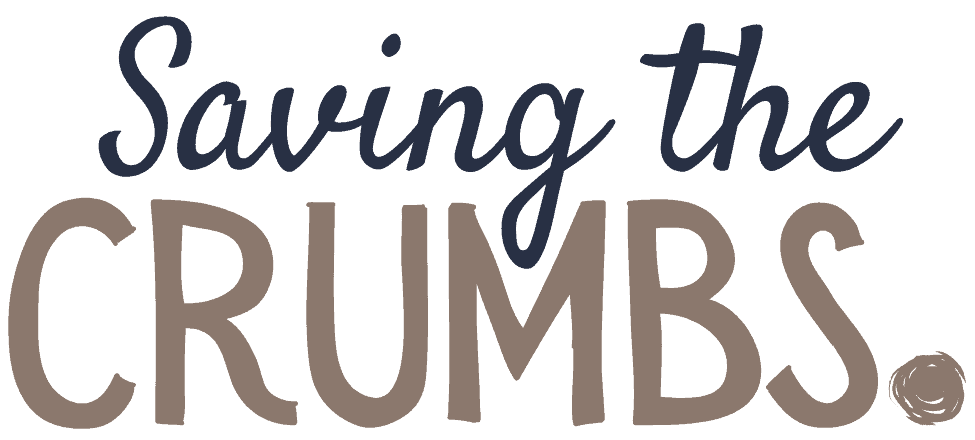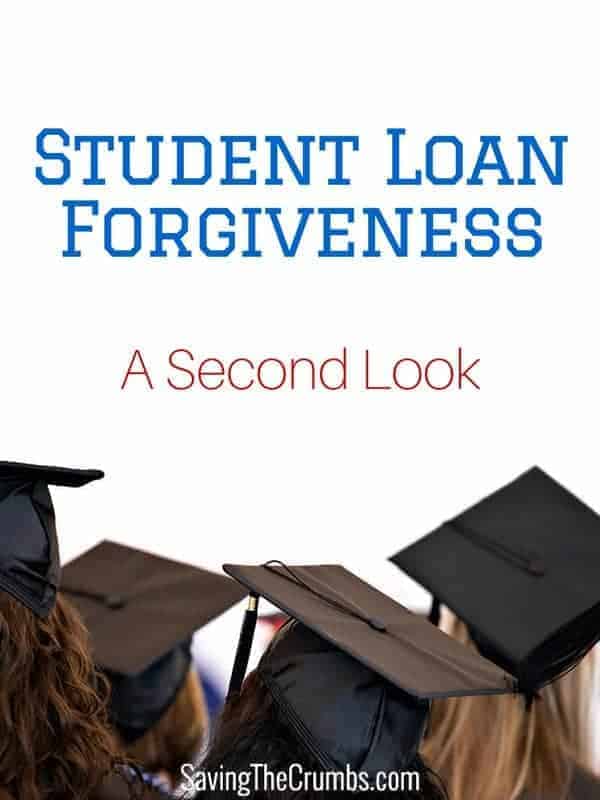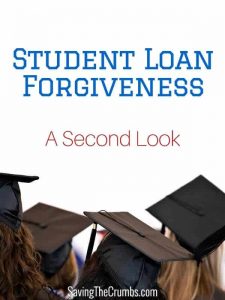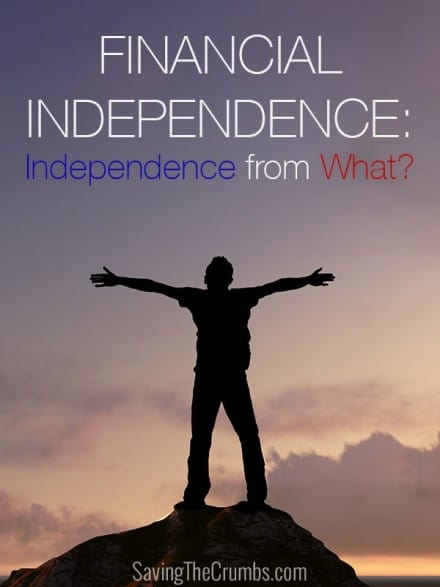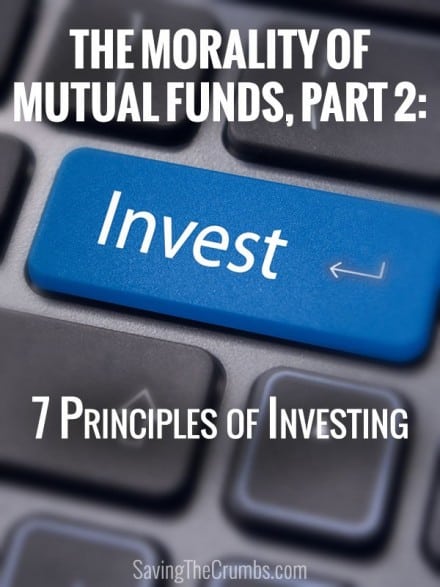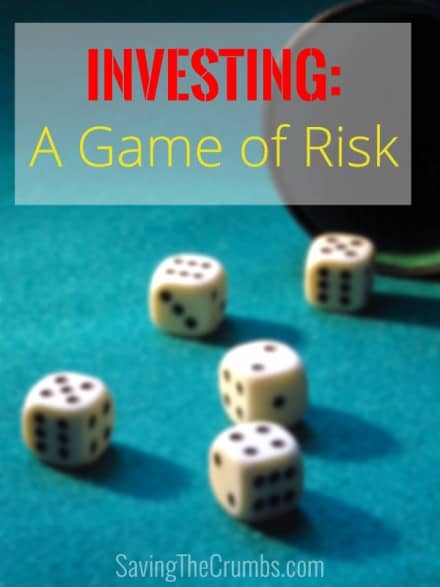But just last week, I read an article with this title: 400,000 were promised student loan forgiveness. Now they are panicking.
Apparently, that program’s 10th anniversary is coming up in October 2017 which is when the first batch of students who qualified for loan forgiveness under this program “should” begin to get their loans forgiven. I say “should” because no one now knows when or if that will actually happen.
[Deep breath] Okay. Looks like we need to give that Public Service Loan Forgiveness Program a second look.
Hints of a Closure?
So what in the world is going on? Looks like there are two main issues causing all the uncertainty. The first is that there are rumblings that the program is going to be shut down. (Emphasis is mine.)
On Wednesday, the Washington Post reported that the Department of Education is planning to propose ending the Public Service Loan Forgiveness Program.
The article was based on budget documents obtained by the Post. A public version of the department’s budget is expected to be released next week. Congress would have to approve the department’s proposed changes for them to take effect.
Naturally, people counting on it are getting very worried!
“It would be absolutely detrimental to those of us who have planned our lives around this program. It would be the equivalent of pulling the rug out from under us,” said Daniel J. Crooks III, a government attorney who is expecting loan forgiveness from the public service program in six years.
“Absolutely detrimental” would be a massive understatement because the article explains that Crooks currently owes more than $300,000 in student loans! (Law school ain’t cheap, folks!)
The article does seem to hedge a bit that this is merely a possibility that’s based on some hints so far and that “it’s unclear whether the Trump administration may propose ending the program for future graduates, or end it for those who have already applied and made qualifying payments.” So while it’s not clear whether this thing is going away entirely, it’s the second issue that’s potentially the bigger problem.
Who’s Enrolled Anyway?
Apparently, many individuals who thought they qualified and were enrolled in the program found out that they weren’t—even after YEARS of making payments! (Emphasis mine.)
Trouble with the Public Service Loan Forgiveness program had already given borrowers a reason to worry. A lawsuit filed in December claims four borrowers were misled into believing they qualified for the program. In court documents, attorneys for the Department of Education suggested that borrowers may not be able to rely on prior notices from their loan servicers about whether they qualify.
The CFPB [Consumer Financial Protection Bureau] has received complaints from borrowers who were told they were not enrolled after years of making payments they thought counted towards the 120 needed for debt relief.
Yikes! So even if you got a notice saying that you were qualified for the program AND you’ve been making regular payments, you STILL might not have any debt forgiven in the end!
A Prophetic Statement?
I am not a prophet nor the son of a prophet, but every once in a while, I find myself saying stuff with unusual foresight. In my article Student Loan Forgiveness: Too Good to be True? written in June 2016, I asked the following question:
3. Do You Really Want To Stake Your Future On A Government Promise?
I’m not going to bash our government or start a political feud here, but the simple (and honest!) question is whether you would stake your entire future on their word? Has the government ever changed its mind before? Does the government have financial issues that may impact policy down the road? Who would you rather have control of your destiny—you or the government? Remember, a lot can change in the next two decades!
Depending on the government to forgive your student loan is like not saving at all for retirement and counting entirely on social security to take care of you in your old age—probably not a good idea.
I’m still not here to make a political statement, but simply to reinforce the point that counting on “someone” to pick up the tab for our student loans comes with risks—even if that “someone” is the US Federal Government. Unfortunately, in this case—particularly for the thousands who have been counting on it—the risk is coming much swifter and severely than expected. (Certainly didn’t take two decades!)
And I guess I need to retract that one exception about the Public Service Loan Forgiveness program.
To those of you who might be caught in the crossfire of this debacle and are feeling betrayed and angry, I encourage you to channel that emotional energy into setting up an aggressive debt repayment strategy. Start the debt snowball, stick with it, tighten your belt, trim your budget, and pay off that student loan as aggressively as you can. Slash and burn. Go nuts and destroy that thing as quickly as possible. Your future self will thank you.
Feel free to share your thoughts below, but any political diatribes won’t be tolerated and will be deleted.
Here are the two previous articles I wrote on student loan forgiveness:
